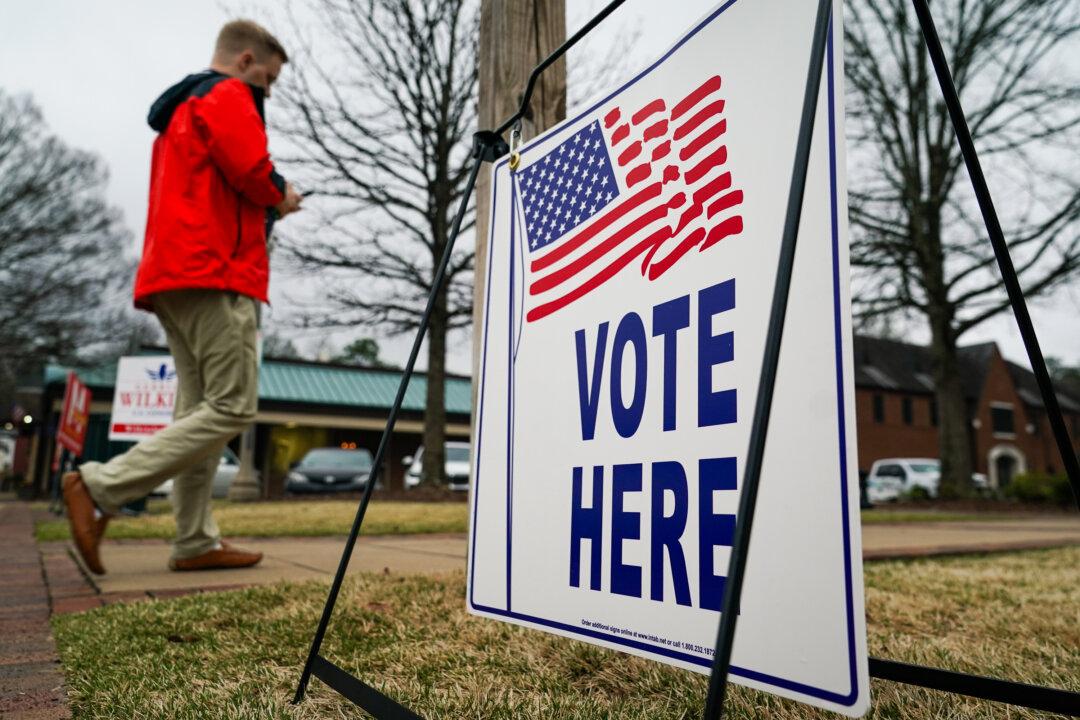A federal appeals court has upheld a lower court ruling that blocks a portion of a new Alabama law that limits the type of assistance voters can receive when completing mail-in ballot applications.
Supporters of the law say it would bolster election integrity by limiting opportunities for ballot harvesting, while critics say it unfairly targets voters who are blind, disabled, or unable to read or write.





